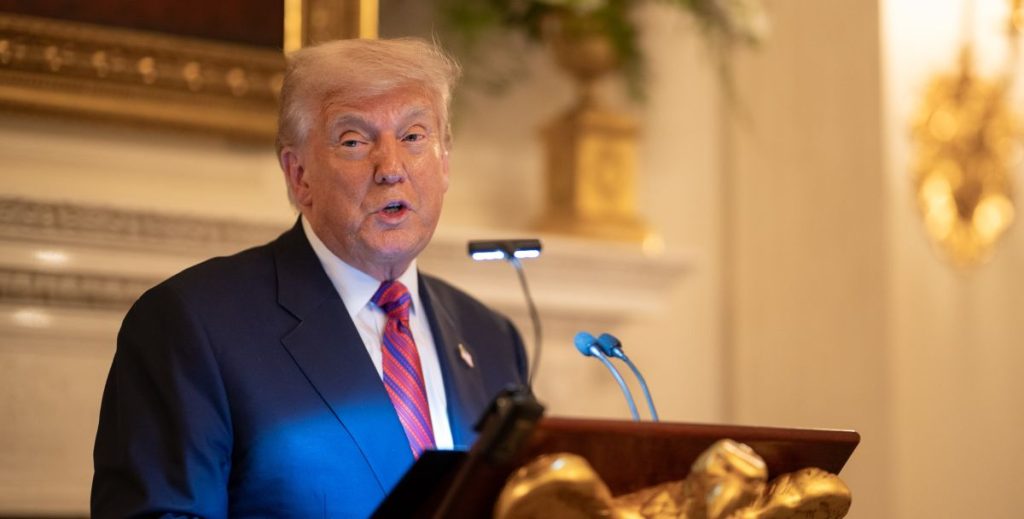Concerns Grow Over Intel CEO’s Links to Chinese Companies
Others are reading now
The U.S. is watching closely as tensions rise over possible connections between American tech leaders and China.
National security concerns have grown sharper in recent years, especially in industries like semiconductors that are crucial for both the economy and defense.
Now, a new controversy is unfolding around the CEO of one of America’s biggest chipmakers, Intel.
“No Other Solution”
On Thursday, President Donald Trump called for the immediate resignation of Intel’s CEO, Lip-Bu Tan, according to HotNews.
Trump made his demand on his social media site, Truth Social. He said Tan faces a serious conflict of interest and must step down. Trump left no room for doubt, saying there is no other solution.
Also read
The call followed a letter from Republican Senator Tom Cotton of Arkansas. Cotton sent his letter on Wednesday to Frank Yeary, Intel’s president.
In it, Cotton raised concerns about Tan’s ties to Chinese companies. He said these companies have links to the Chinese Communist Party and the People’s Liberation Army.
According to Cotton, Tan controls many Chinese companies and owns shares in several semiconductor and high-tech firms in China.
He also pointed out that Tan’s former company, Cadence Design Systems, admitted to illegally selling products to a Chinese military university.
Missed Opportunities
Cadence also transferred technology to a Chinese firm without government permission.
Also read
Lip-Bu Tan is Malaysian-American and 65 years old. He started his career in the nuclear industry.
Later, he founded an investment fund focused on digital technology, especially in Asia. Tan became Intel’s CEO in March 2024.
Intel has faced challenges lately. It missed early opportunities in artificial intelligence chips.
Competitors like Nvidia have taken the lead in AI, while AMD remains a strong rival in processors. Despite this, Intel closed 2024 with better-than-expected financial results. Still, market outlooks remain cautious.
The controversy over Tan’s connections adds another layer of complexity to Intel’s future and the wider struggle over technology leadership between the U.S. and China.


